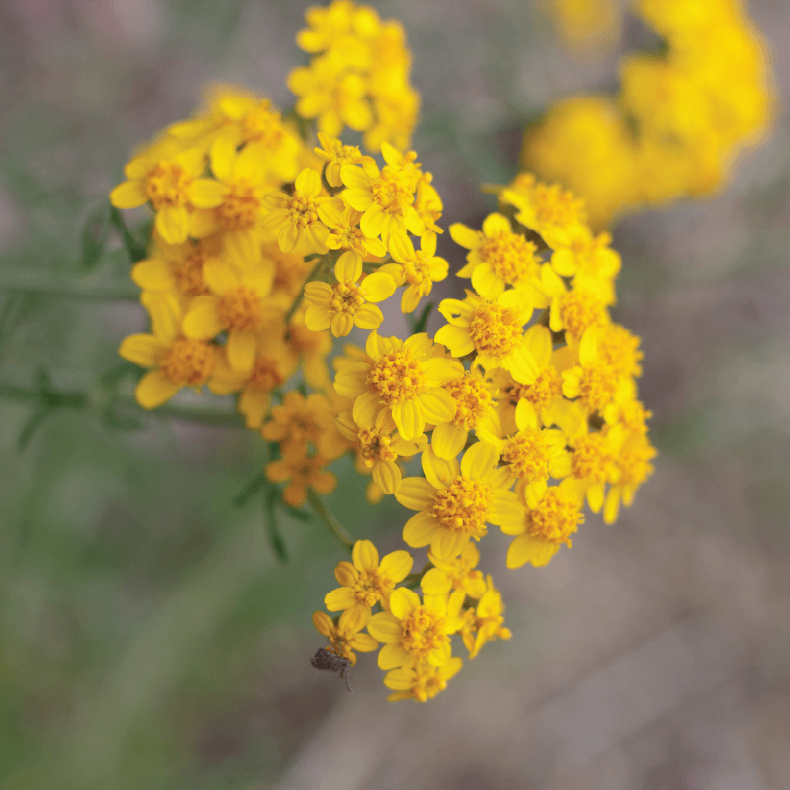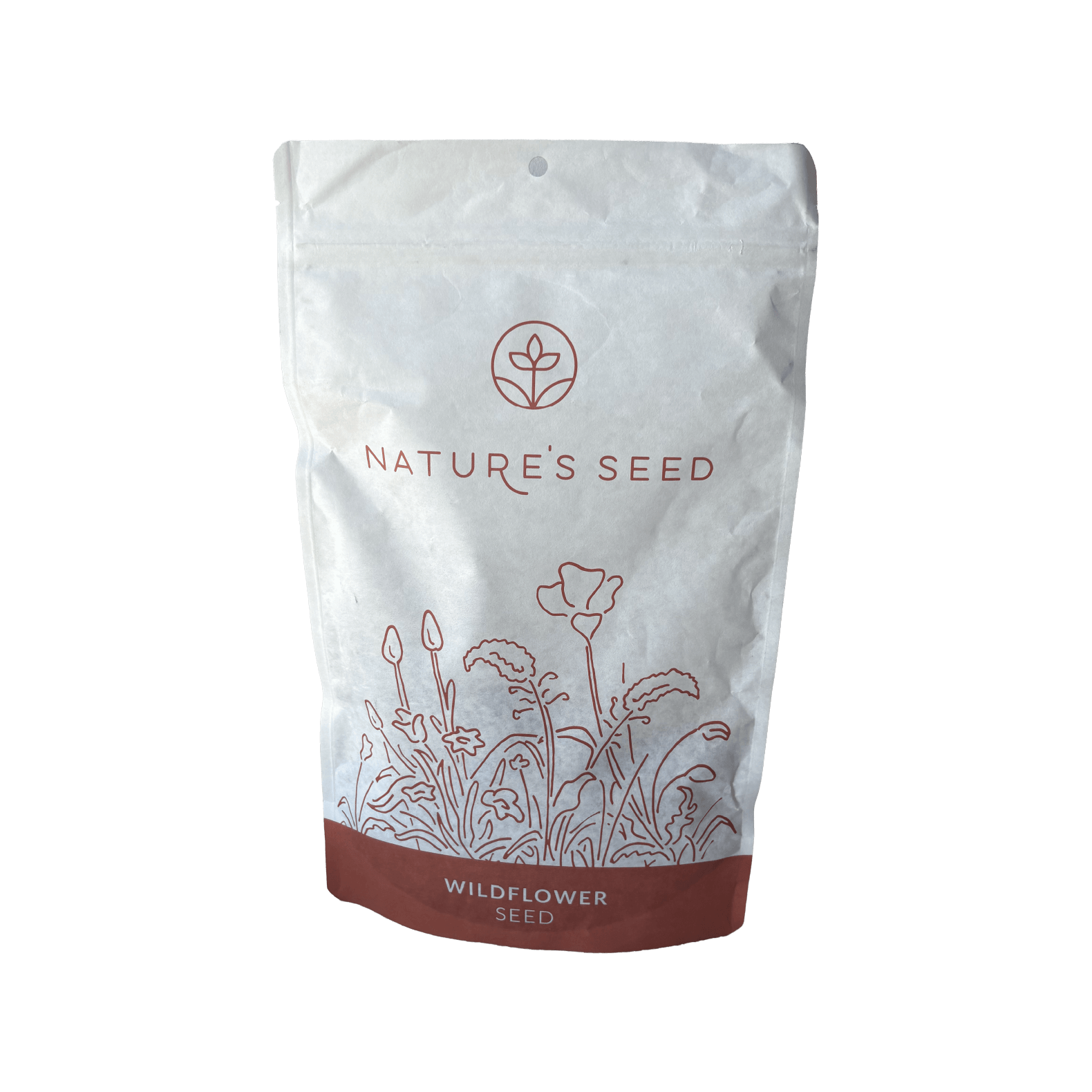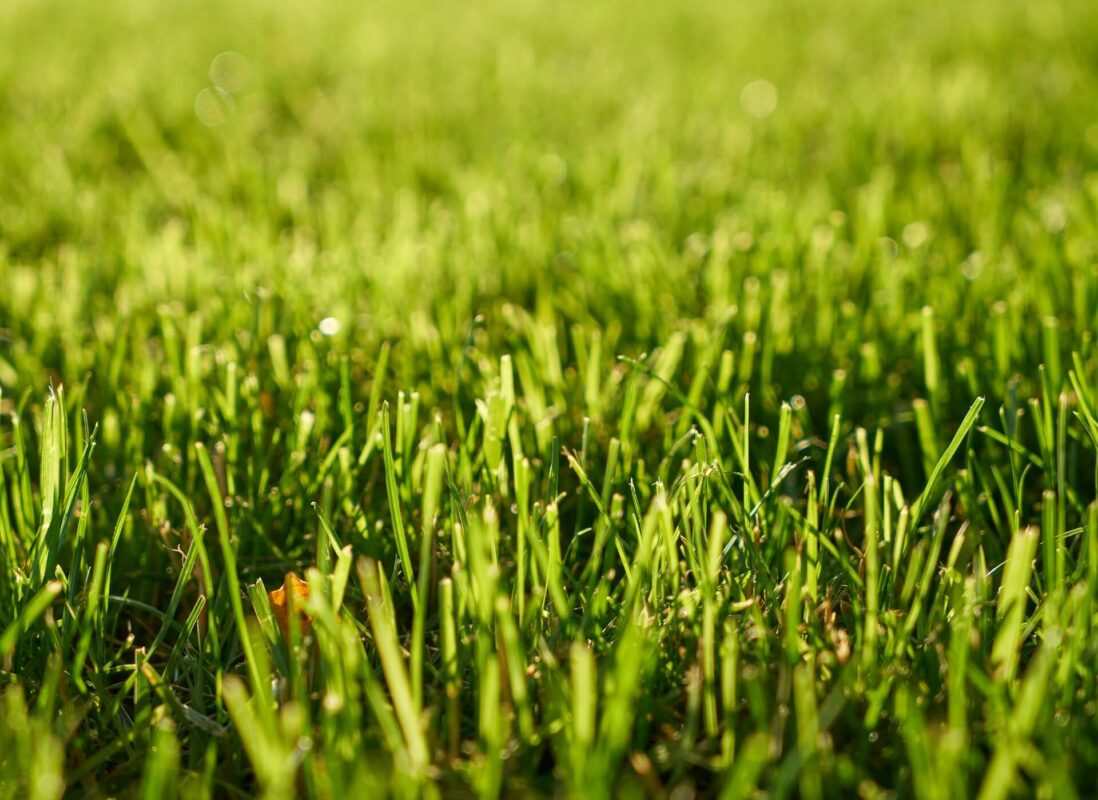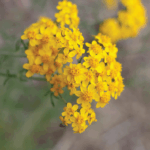
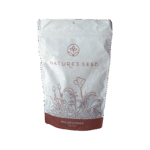
What is Golden Tarrow?
This seed was collected in Santa Clara County, CA, and grown at Hedgerow Farms in Yolo County, CA.
Golden Yarrow (Eriophyllum confertiflorum) is a cheerful, hearty California native sub-shrub with bright clusters of yellow daisy-like flowers and silvery foliage. Compact at 1–2 feet tall, it brings a burst of color to dry, sunny landscapes from spring into summer. Despite the name, it isn’t a true yarrow, but its plentiful golden flower heads resemble yarrow’s umbels. This perennial thrives on neglect—full sun, excellent drainage, and very low water once established. It is deer resistant and attracts butterflies and other pollinators. Perfect for rock gardens, native borders, and hillside plantings where it tolerates poor soils and helps prevent erosion.
Specifications
Sun Requirement
Full Sun
Soil Preference
Well-drained (sandy/rocky preferred); tolerates poor, dry soils
Soil pH
Neutral to alkaline
Time to Maturity
90–120 days (may bloom first spring if fall-sown)
Height when mature
1–2 ft
Seeding Rate
1–2 oz per 1,000 sq ft (~3–5 lbs/acre)
Planting Depth
Surface to 1/8 inch (lightly cover)
Golden Yarrow
Eriophyllum confertiflorum | SKU: W-ERCO
Check your ZIP code to know if this seed works for you
Check Your ZIP Code
×Enter your ZIP code to see if this seed works in your region:
Why Choose This Seed?

Bright, Sunny Blooms
Masses of golden clusters provide long-lasting color. A versatile native plant, golden yarrow thrives in a variety of poor, dry soils and is drought-tolerant once established. It blooms from late spring through fall, attracting butterflies, bees, and other beneficial pollinators to the garden. Gardeners love yarrow for its low maintenance and resilience in waterwise landscapes and wildflower meadows.
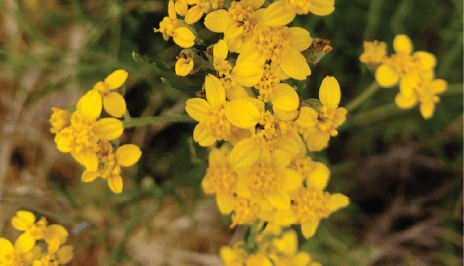
Drought Defying
Thrives with minimal watering—ideal for xeriscapes and rock gardens.
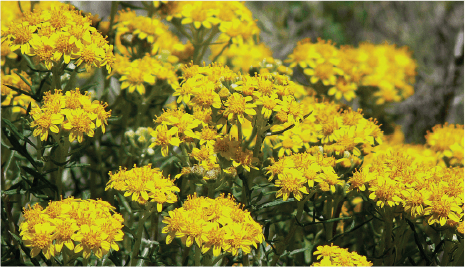
Pollinator & Butterfly Plant
Nectar-rich daisies attract butterflies and beneficial insects.
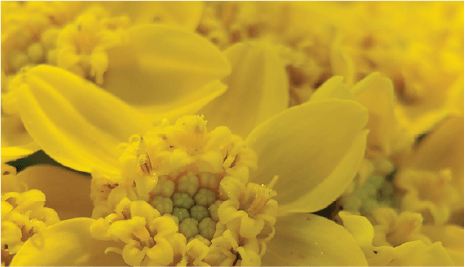
Deer Resistant
This hearty subshrub generally goes unbrowsed in deer-prone areas.
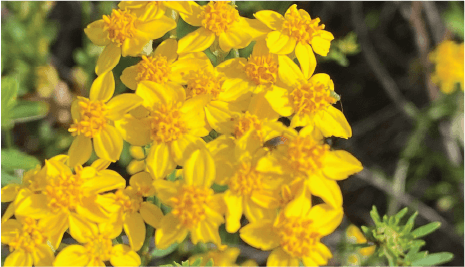
Easy Native Perennial
Golden yarros is a low-maintenance plant that comes back each year, even in disturbed sites.
Seed Description
Product Details
Sun/Shade
Full Sun
Height
1–2 ft
Seeding Rate
2-5 lbs/acre (1–2 oz per 1,000 sq ft)
Uses
Dry borders, rock gardens, slopes, butterfly gardens, roadside plantings
Color
Bright yellow flowers; gray-green foliage
Water
Very Low—occasional deep watering at most
Native/Introduced
Native to California
Life Form
Perennial sub-shrub (woody base)
Planting Guide
When to Start & Weed Control
Start prepping your planting area in fall, so that you are ready to seed between late September and early February, when temperatures cool and rain is on the horizon.
Weed your growing area BEFORE planting any native seeds. We recommend not only pulling visible weeds but also “flushing out” the weed seeds that are waiting in the soil. Irrigate the area and wait for weed seeds to germinate, then remove them using your method of choice. Irrigate again, wait, and perform another round of weed control. Repeat 2-3 times.
Soil Prep
Ensure your soil is as bare as possible for the maximum amount of seed-to-soil contact. If the entire area can’t be completely cleared, rake out as much dead plant material from the area as you can to create bare patches of soil for the seed to make contact with. For best results, the soil should be easily crumbled and not heavily compacted.
Seeding
It is best to seed onto slightly damp soil. If necessary, water the top 1/4 inch of soil before seeding. Scatter seed directly on the soil surface and rake gently or lightly press the seed into the soil. Do not bury the seed deeper than 1/4 inch into the soil.
Water
After planting, keep the top 1/4 inch of soil consistently moist until the seeds have germinated and the first true leaves have emerged. A good rule is to water lightly every day intul the seedlings are an inch high, then you can reduce watering to every 3 days. Skip days when it rains. Within 6 weeks after germinating, your plants should need only occasional watering. Don’t over-water your plants, especially in summer.
Questions & Answers
Is it the same as common yarrow?
No—different genera; similar look to the flower clusters.
Annual or perennial?
Usually a short-lived perennial sub-shrub.
When does it bloom?
Spring into summer; timing varies by climate.
How much water?
Very little—overwatering can cause root issues.
Do I need to cut it back?
Light trimming after bloom; avoid cutting into woody base.
Is it deer proof?
Considered deer resistant, though no plant is completely deer-proof.
Still have
questions?
Our planting experts
are here to help.
customercare@naturesseed.com
Response time:
Within 1 business day
Reviews
| Coverage Area | , , |
|---|
Related Products
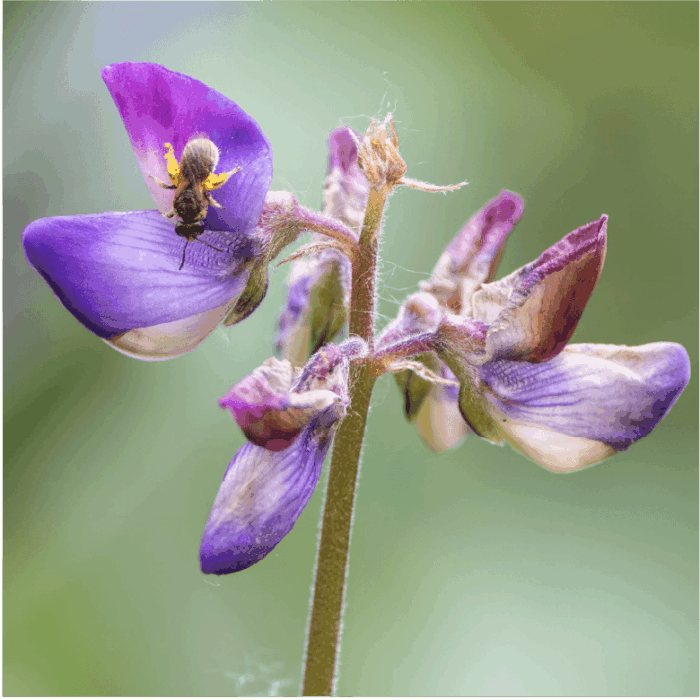
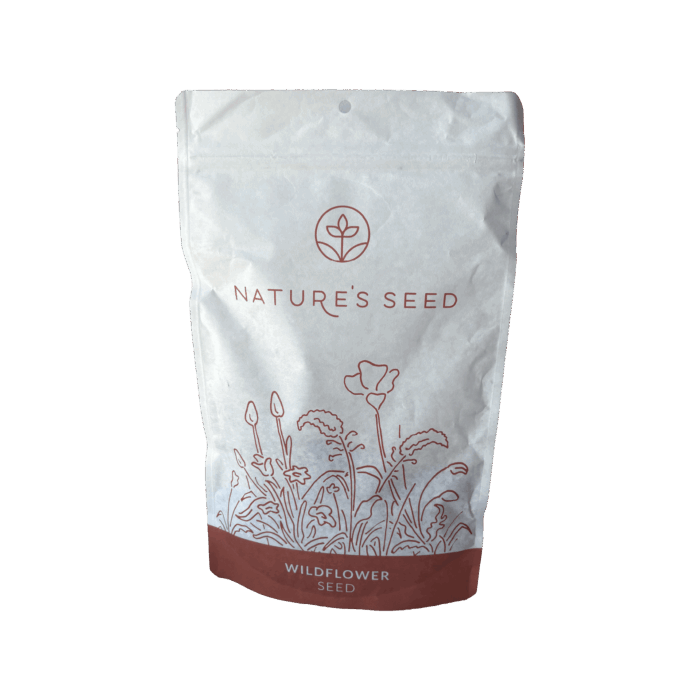
Arroyo Lupine
(4.7) - 145 reviews
$51.96/lb
Wildflower displays, restoration, slope stabilization, pollinator gardens
Southern USDA Regions (8-10), Transitional USDA Regions (6-8)
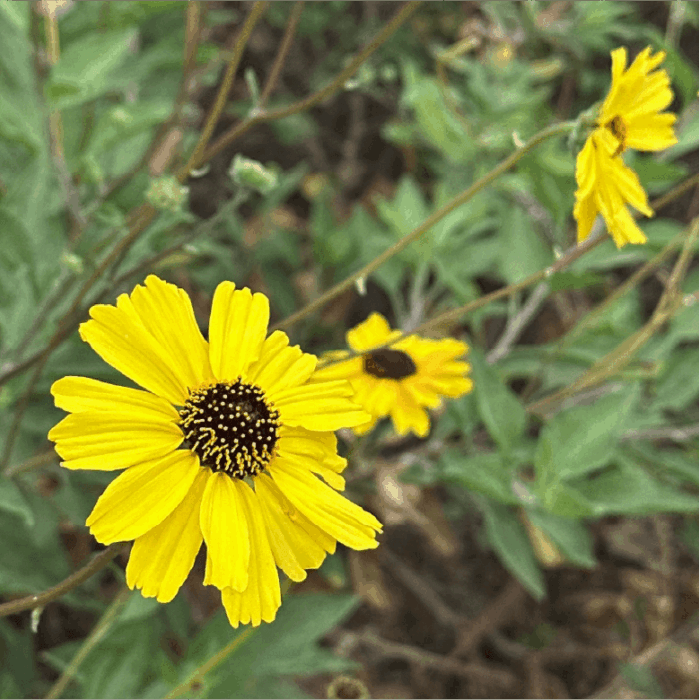

California Bush Sunflower
(4.7) - 145 reviews
$71.96/lb
Coastal restoration, dry shrub borders, slopes, pollinator habitats, low-water landscaping
Southern USDA Regions (8-10), Transitional USDA Regions (6-8)
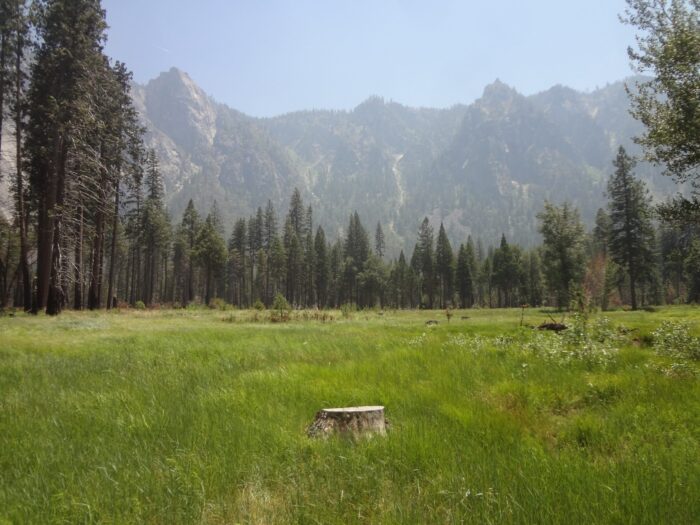
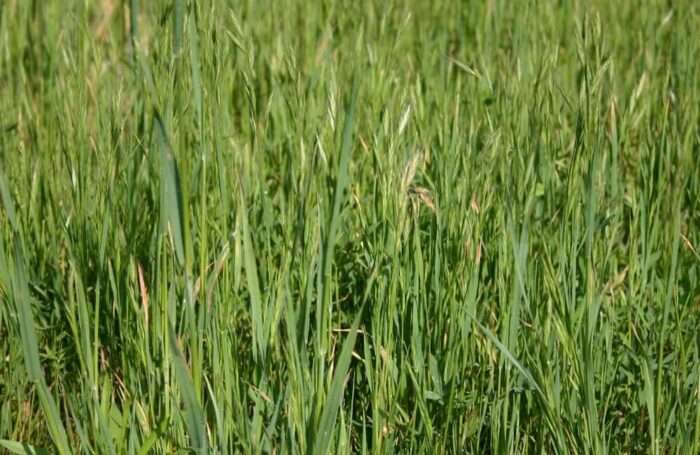
California Native Erosion Control Mix
(4.7) - 145 reviews
$35.00/lb
Erosion control, Sustainable landscaping, Wildlife Corridors, Native Meadows, Habitat restoration
Southern USDA Regions (8-10), Transitional USDA Regions (6-8)
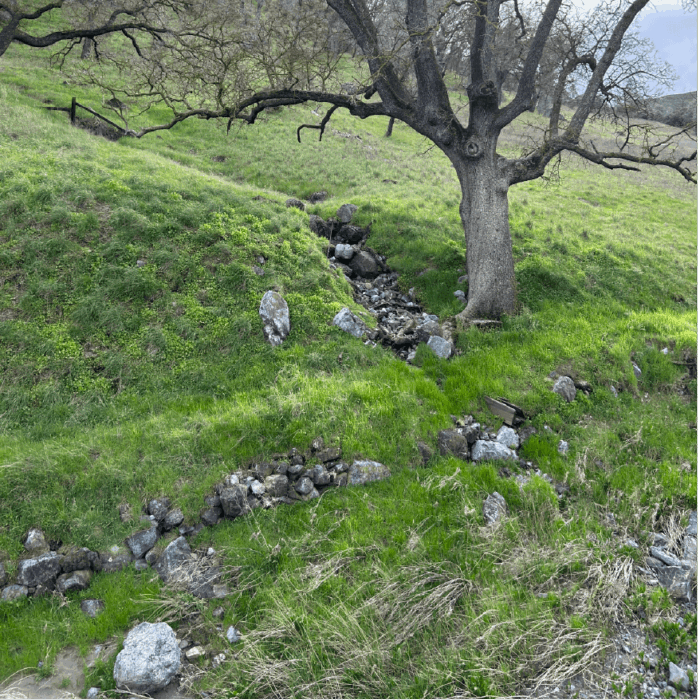
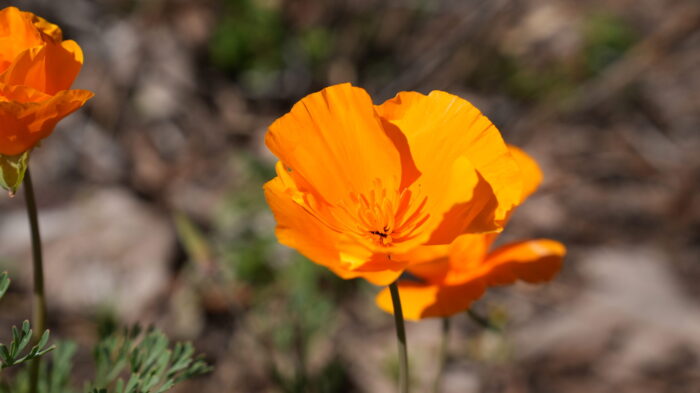
California Native Fire-Wise Mix
(4.7) - 145 reviews
$65.00/lb
Defensible space, Post-fire revegetation, Erosion control, Wildlife habitat, Pasture enhancement
Southern USDA Regions (8-10), Transitional USDA Regions (6-8)
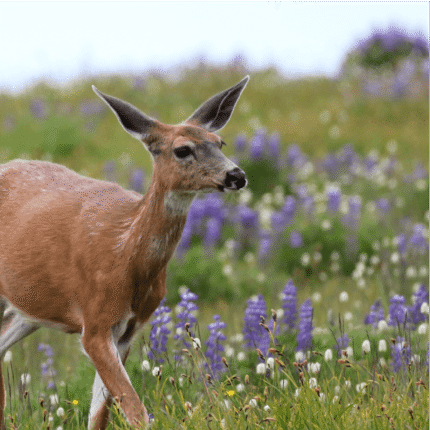
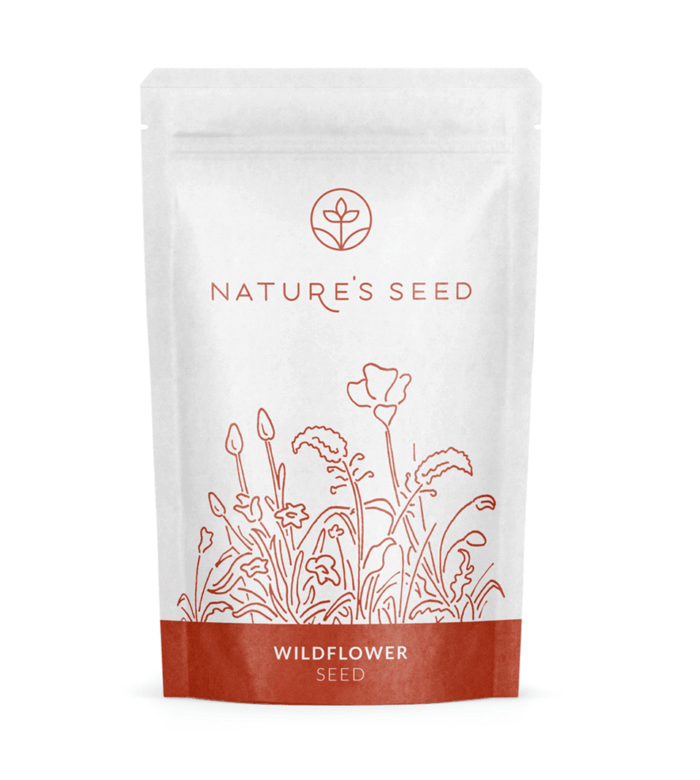
Deer Resistant Wildflower Seed Mix
(4.7) - 145 reviews
$27.99/lb
Ideal for beautification projects and natural wildflower meadows. Great for pollinator gardens, mass plantings, cottage landscapes, and even cut flower use
Northern USDA Regions (3-5), Southern USDA Regions (8-10), Transitional USDA Regions (6-8)
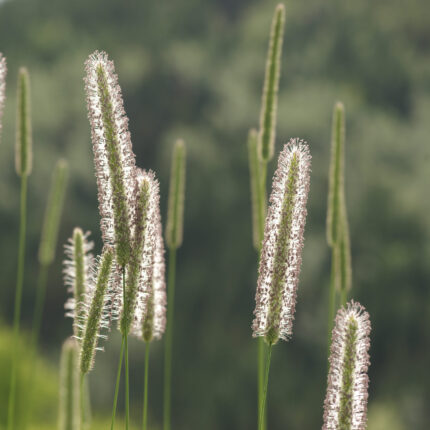
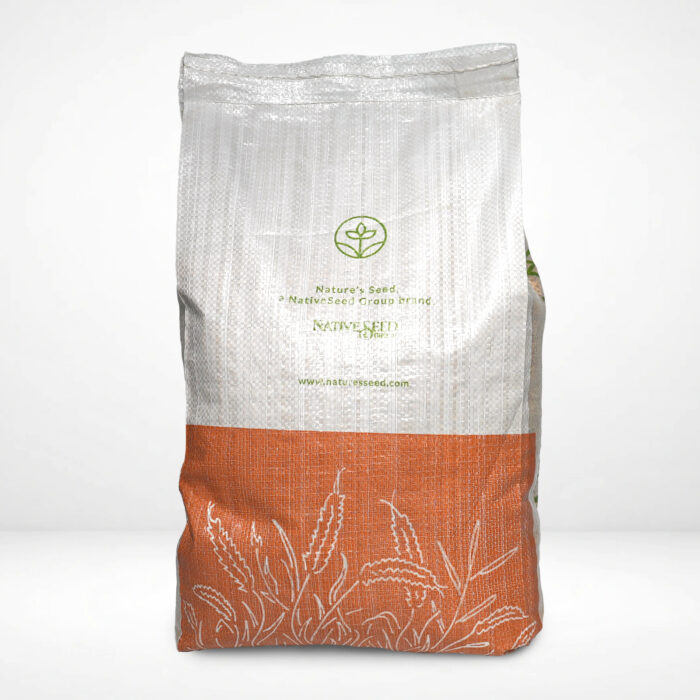
Timothy Grass
(4.7) - 145 reviews
$6.99/lb
Cattle, Sheep, Goats, Horse, Bison, Alpaca/Llama
Northern USDA Regions (3-5), Southern USDA Regions (8-10), Transitional USDA Regions (6-8)
